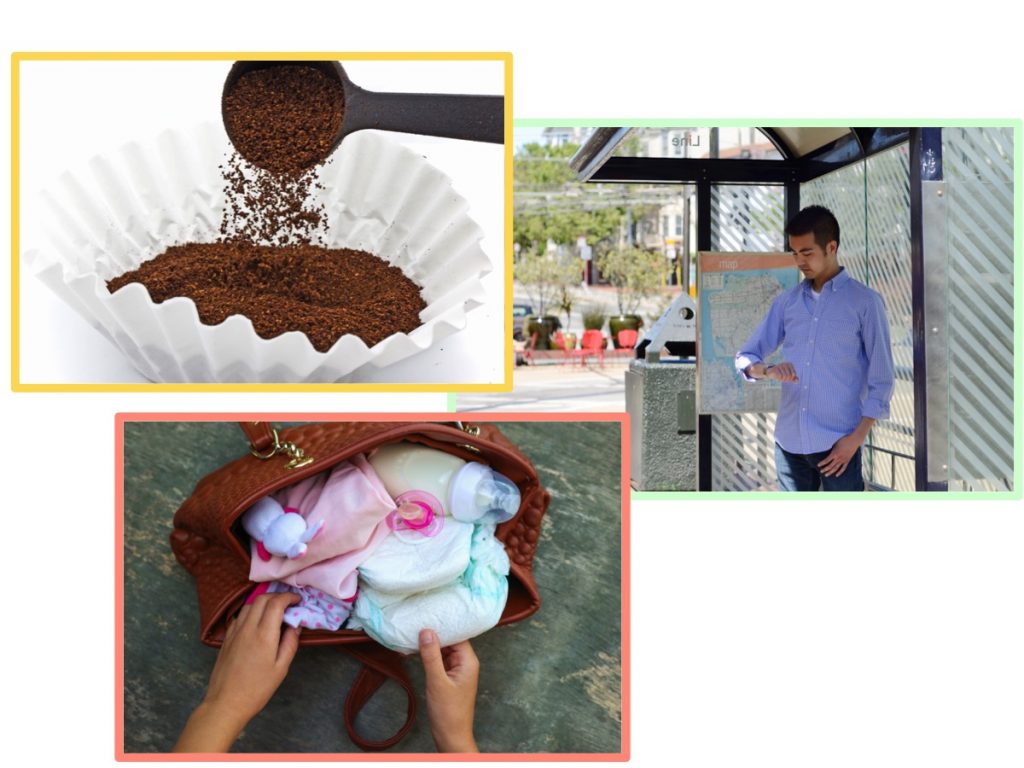
Take a moment to think about your day so far. Did you measure grounds for your morning cup of coffee? Or maybe you calculated what time to leave to catch the next bus. Or perhaps you counted the number of diapers in your baby’s diaper bag. Each of these tasks requires numeracy skills. In fact, we all use numeracy skills every day!
Children begin learning numeracy skills from the time they are infants. Numeracy can be broadly defined as the ability to understand and reason with numbers. But it’s more than that. It includes the ability to apply math concepts to your daily life. We use numeracy skills to solve problems and make sense of numbers. It includes our ability to look at a set of objects and know that there are 3 carrots or to count and find out how many. Numeracy skills allow us to compare which has more or less and to add and subtract numbers.
In this module, we’ll describe research on children’s early numeracy abilities. We’ll talk about early numeracy skills and how they relate to other math skills, like measurement. Infants and young children naturally engage in numeracy as they play. But children also need the support of adults to develop numeracy.
-
- Cardinality
- is the concept that, when counting objects, the last number represents the total number of objects in the set
- Measurement
- includes size, length, height, weight, volume, distance, and time
- Number and operations
- refers to a set of math concepts related to understanding and representing numbers and operations (e.g., addition, subtraction, multiplication, and division) and the relationships between them
- Numeracy
- is the ability to understand and reason with numbers
- One-to-one correspondence
- refers to matching one object to each number word when counting
- Subitizing
- refers to the ability to identify the number of objects in a small group of objects without counting them
- Scaffolding
- is offering the right level of support to help a child achieve more than they would be able to on their own